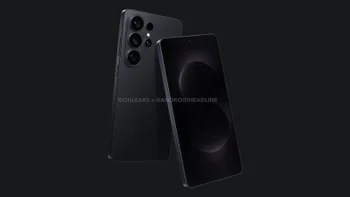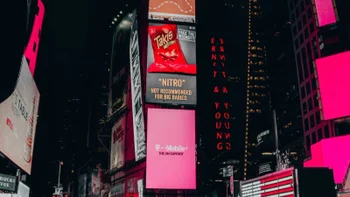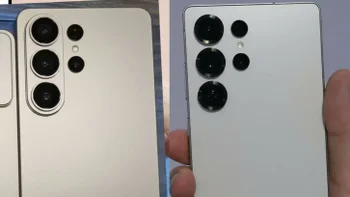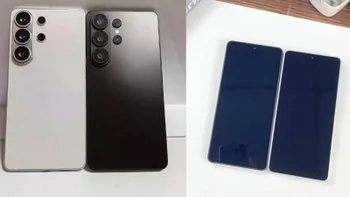Samsung working on a standalone OLED Gear VR with ultra-high pixel density

According to sources in Korea, Samsung is cooking a standalone VR headset that is going to sport an inbuilt display with pixel density much higher than any other device on the market at the moment.
Allegedly, Samsung Display, a subsidiary of Samsung Electronics, has asked partner supplier to develop a 2,000 ppi (pixels per inch) Fine Metal Mask for a new Gear VR set. The FMM is a component used in OLED displays and plays a major role in pixels’ quantity and distribution. Apparently, Samsung is also working on its own ultra-high-resolution OLED display for the VR unit, which should be about 1,000 times more responsive than an LCD display.
As we know, the higher the number of pixels, the more realistic the picture is. Should Samsung truly manage to produce a 2,000 ppi VR display, it would beat that of the current market leader Oculus Rift (460 ppi) by a wide margin.
Some scientific theories suggest that the human eye cannot differentiate detail beyond 300 ppi. However, the brain certainly feels the difference and people have reported nausea and lack of realism during VR experiences. Estimates show that at least 1,000 ppi are needed in order to get rid sickness and realism problems, at least as far as VR headsets are concerned.
Squeezing 2,000 ppi into a narrow visual field would mean that the picture in Samsung’s potential new Gear VR should be sufficiently clear to trick the brain into thinking that you are looking at real-life sights. Given how confusing and trippy VR experiences can be, we just can’t imagine what this one would feel like.
We have no information about production schedules or a release date, or an official statement from Samsung, as to whether it is working on such a device at all. Still, a pixel density of 2000 ppi is something we would love to see in a VR set, so fingers crossed, everyone.
Source: Naver.com via SamMobile
Some scientific theories suggest that the human eye cannot differentiate detail beyond 300 ppi. However, the brain certainly feels the difference and people have reported nausea and lack of realism during VR experiences. Estimates show that at least 1,000 ppi are needed in order to get rid sickness and realism problems, at least as far as VR headsets are concerned.
We have no information about production schedules or a release date, or an official statement from Samsung, as to whether it is working on such a device at all. Still, a pixel density of 2000 ppi is something we would love to see in a VR set, so fingers crossed, everyone.
Source: Naver.com via SamMobile
Follow us on Google News













Things that are NOT allowed:
To help keep our community safe and free from spam, we apply temporary limits to newly created accounts: